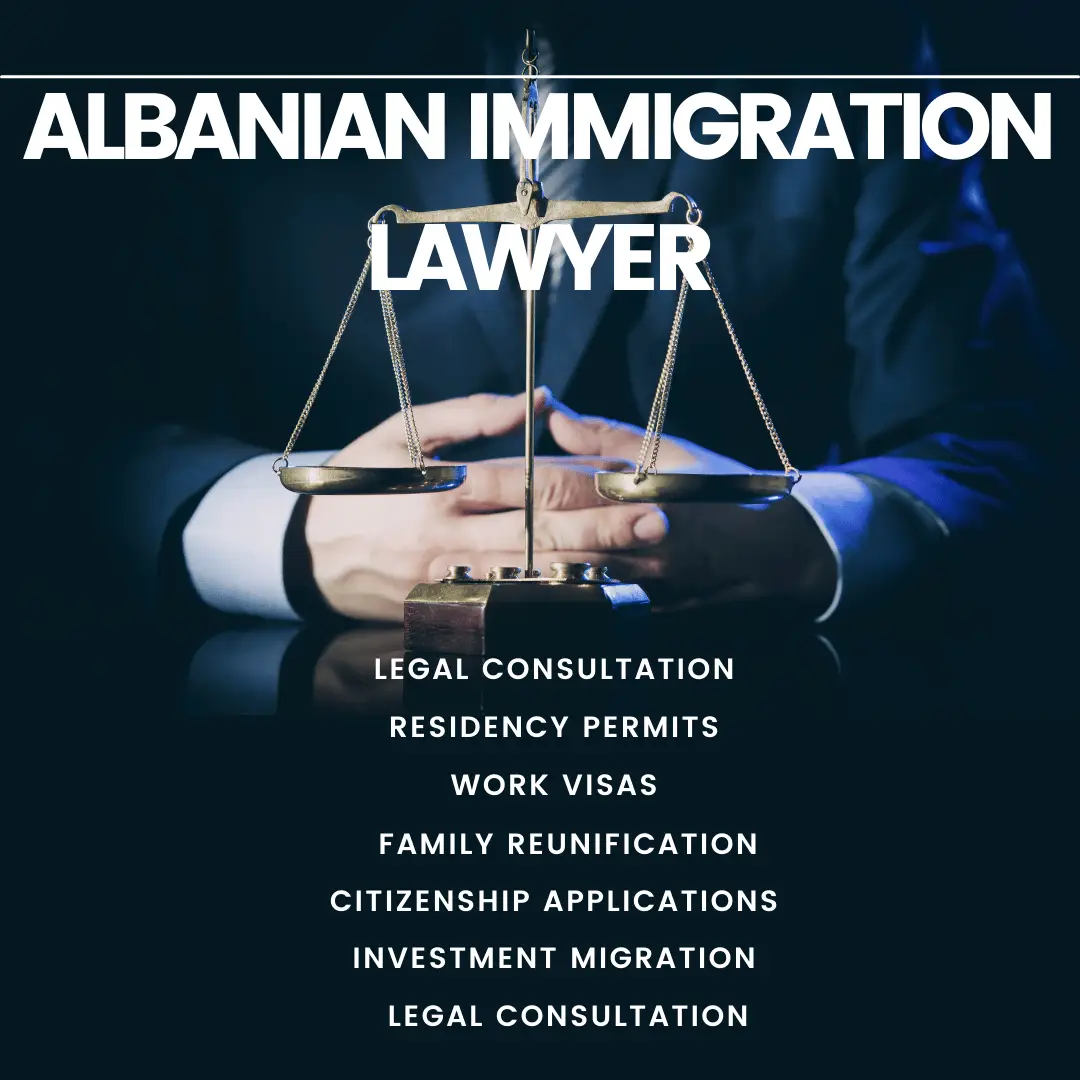TikTok Ban in Albania: Nation Takes Bold Stand After Teen’s Death
In a watershed moment for social media regulation, Albania has announced a sweeping one-year ban on TikTok following the fatal stabbing of a 14-year-old student. Prime Minister Edi Rama’s decision positions the Balkan nation at the forefront of European efforts to combat social media’s influence on youth violence. The ban, set to take effect in early 2025, comes as local researchers reveal Albanian children constitute the platform’s most prominent user demographic within the country.
“For one year, we’ll completely shut it down for everyone. There will be no TikTok in Albania,” Rama declared after extensive consultations with parents and educators nationwide. The move reflects mounting evidence of social media’s role in escalating youth conflicts, with reports of students bringing weapons to school inspired by TikTok content.
School Safety Takes Center Stage
The government’s comprehensive response to student safety includes a multifaceted approach. Enhanced security measures include increased police presence at schools, strengthened parent-school partnerships, and closer monitoring of potential threats. These initiatives address the broader implications of social media’s influence on student behaviour and school climate.
TikTok has challenged the government’s stance, requesting “urgent clarity” and stating they found no evidence linking their platform to the tragic incident. The company maintains that videos related to the stabbing were posted on different platforms, raising questions about broader social media accountability.
Digital Safety Debate Sparks Global Attention
Albania’s decisive action occurs against increasing international concern over social media’s impact on young users. Several European nations have already implemented restrictions:
- France has established strict controls on youth social media access
- Germany maintains robust digital protection measures for minors
- Belgium enforces age-verification requirements
- Australia leads with one of the world’s strictest policies, altogether banning social media for users under 16
Rama’s criticism extends to TikTok’s algorithmic differences between markets, noting that the platform’s Chinese version promotes educational content and nature preservation while the international version allegedly fuels conflict. “The problem today is not our children; the problem today is us; the problem today is TikTok and all the others that are taking our children hostage,” Rama emphasised.
The TikTok ban in Albania has sparked intense debate about digital rights and child protection. Opposition lawmaker Ina Zhupa condemns the move as “dictatorial” and a threat to democratic freedoms, while supporters argue it’s necessary to protect vulnerable youth. After the initial year, the government plans to monitor TikTok’s response and international developments before deciding whether to lift the ban.
As Albania implements this unprecedented measure, its experience could provide valuable insights for other nations grappling with similar challenges in balancing digital access with youth safety. Policymakers and social media experts worldwide will closely watch the ban’s effectiveness and impact on youth behaviour.










